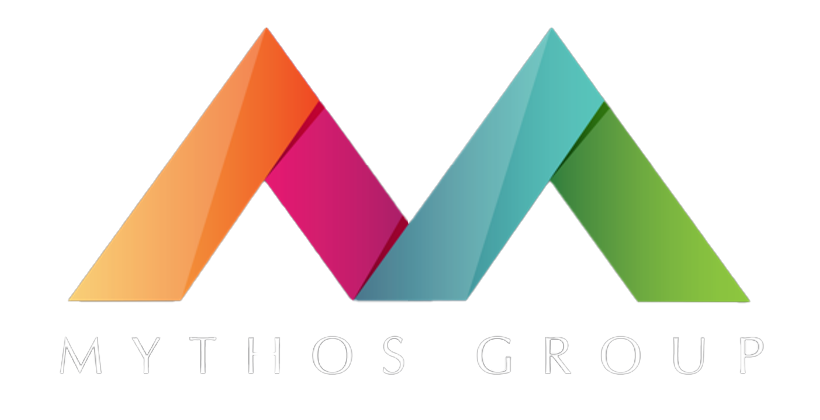In today’s rapidly evolving corporate landscape, the traditional role of Human Resources (HR) is undergoing a profound transformation. No longer relegated to mere administrative tasks and policy enforcement, HR now emerges as a strategic partner crucial in driving organizational success. At the heart of this evolution lies a fundamental shift – the prioritization of employee well-being. This metamorphosis from a transactional HR model to one centered on human needs is pivotal in navigating the complexities of modern work environments.
The advent of remote work, catalyzed by the global pandemic, has magnified the intricacies of maintaining work-life balance and safeguarding mental health. With burnout becoming increasingly prevalent, employees are gravitating towards workplaces that prioritize their holistic well-being. Within this paradigm shift, HR departments are compelled to adapt and innovate, with employee happiness and fulfillment emerging as focal points in their strategic endeavors.
The Beauty Of Work-life Balance
In today’s fast-paced world, the concept of work-life balance has emerged, guiding organizations toward creating a more humane and productive work environment. Humanizing HR practices through the promotion of work-life balance has become paramount. By advocating for flexible work arrangements, embracing remote work opportunities, and establishing clear boundaries between work and personal life, companies can cultivate a culture that values the well-being of their employees.
Investing in resources and programs that prioritize mental and emotional health is crucial for sustaining a healthy workplace. Employee assistance programs, dedicated mental health days, and accessible counseling services are not just perks but essential to uphold and nurture employee well-being. These initiatives not only demonstrate a company’s commitment to supporting its workforce but also contribute to increased productivity, engagement, and overall job satisfaction.
Progressive Programs
Creating programs that prioritize mental and emotional health in the workplace is essential for maintaining a healthy and productive workforce. Here are some specific ideas:
- Mental Health Awareness Workshops: Organize workshops or seminars to raise awareness about mental health issues, reduce stigma, and provide education on stress management, resilience, and seeking help when needed.
- Employee Assistance Program (EAP): Offer an EAP that provides confidential counseling to employees facing personal or work-related challenges. This could include access to licensed therapists, counselors, or psychologists.
- Flexible Work Arrangements: Allow flexible work hours, remote work options, or compressed work weeks to help employees manage their work-life balance and reduce stress.
- Wellness Challenges and Programs: Implement wellness challenges focused on physical activity, nutrition, mindfulness, and stress reduction techniques. Provide incentives or rewards for participation to encourage engagement.
- Peer Support Networks: Establish peer support groups or networks where employees can connect with colleagues facing similar challenges, share experiences, and provide mutual support.
- Mental Health Days: Offer additional paid time off designated as mental health days to allow employees to prioritize self-care and recharge when needed.
- Mindfulness and Meditation Sessions: Host regular mindfulness or meditation sessions to help employees develop stress-reduction techniques and improve focus and resilience.
- Leadership Training on Mental Health: Provide training for managers and supervisors on recognizing signs of mental distress, having supportive conversations, and promoting a culture of psychological safety in the workplace.
- Employee Feedback Mechanisms: Implement anonymous surveys or feedback mechanisms to regularly assess employee well-being, job satisfaction, and perceived levels of support for mental health issues. Use this feedback to inform program improvements.
- Access to Mental Health Resources: Ensure employees have easy access to resources such as helplines, online self-help tools, mental health apps, and community support services.
- Workplace Mental Health Policies: Develop and communicate clear policies and procedures related to mental health support, accommodations, and confidentiality to demonstrate organizational commitment to employee well-being.
- Crisis Response Plan: Establish a comprehensive crisis response plan to support employees in the event of a workplace crisis, traumatic incident, or natural disaster. This should include protocols for providing immediate support, counseling, and follow-up care.
By implementing these programs and initiatives, organizations can foster a supportive and inclusive workplace culture that prioritizes the mental and emotional well-being of employees.
By recognizing the beauty of work-life balance and integrating it into the core values of an organization, companies can foster a more harmonious and fulfilling work environment, encouraging innovation and growth. Striking a balance between professional responsibilities and personal well-being is not just a trend but a fundamental shift toward creating a sustainable and thriving workplace for all.
All meaningful HR transformation includes a commitment to the mental health and well-being of team members. This journey may require restructuring, persistence, and personalized care. Ultimately, a workforce of supported individuals who feel cared for will reward their organization with loyalty and resilience, especially in times of stress. Mythos Group is ready to help organizations seeking guidance on this important journey. Contact us today to embark on the path toward an employee base of mental health and well-being, for success.







